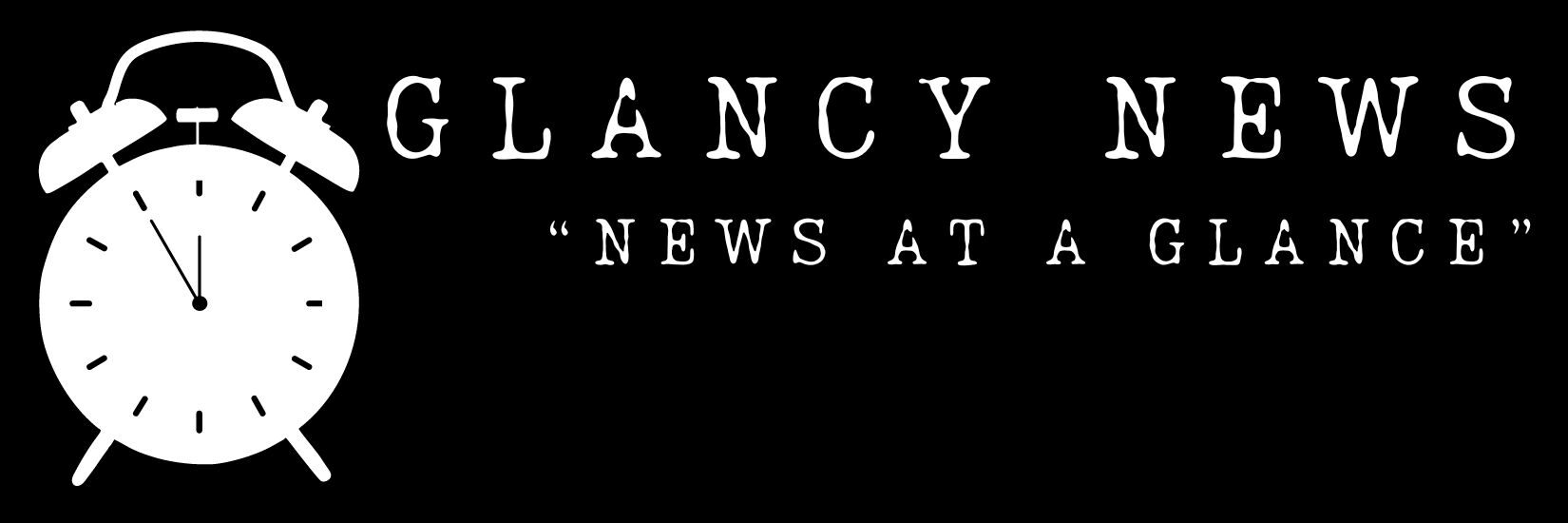When a total solar eclipse transforms day into night, will tortoises start acting romantic? Will giraffes gallop? Will apes sing odd notes?
Researchers will be standing by to observe how animals’ routines at the Fort Worth Zoo in Texas are disrupted when skies dim on April 8. They previously detected other strange animal behaviors in 2017 at a South Carolina zoo that was in the path of total darkness.
“To our astonishment, most of the animals did surprising things,” said Adam Hartstone-Rose, a North Carolina State University researcher who led the observations published in the journal Animals.
“During a solar eclipse, there’s a conflict between their internal rhythms and external environment,” said University of Alberta’s Olav Rueppell, adding that bees rely on polarized light from the sun to navigate.
The honeybees that Tsuruda studied decreased foraging during the eclipse, as they usually would at night, except for those from the hungriest hives.
Flying bald eagles change the speed and direction they’re moving during an eclipse, and so do feral horses, “probably taking cover, responding to the possibility of a storm out on the open plains.”
Nate Bickford, an animal researcher at Oregon Institute of Technology, said that “solar eclipses actually mimic short, fast-moving storms,” when skies darken and many animals take shelter.




